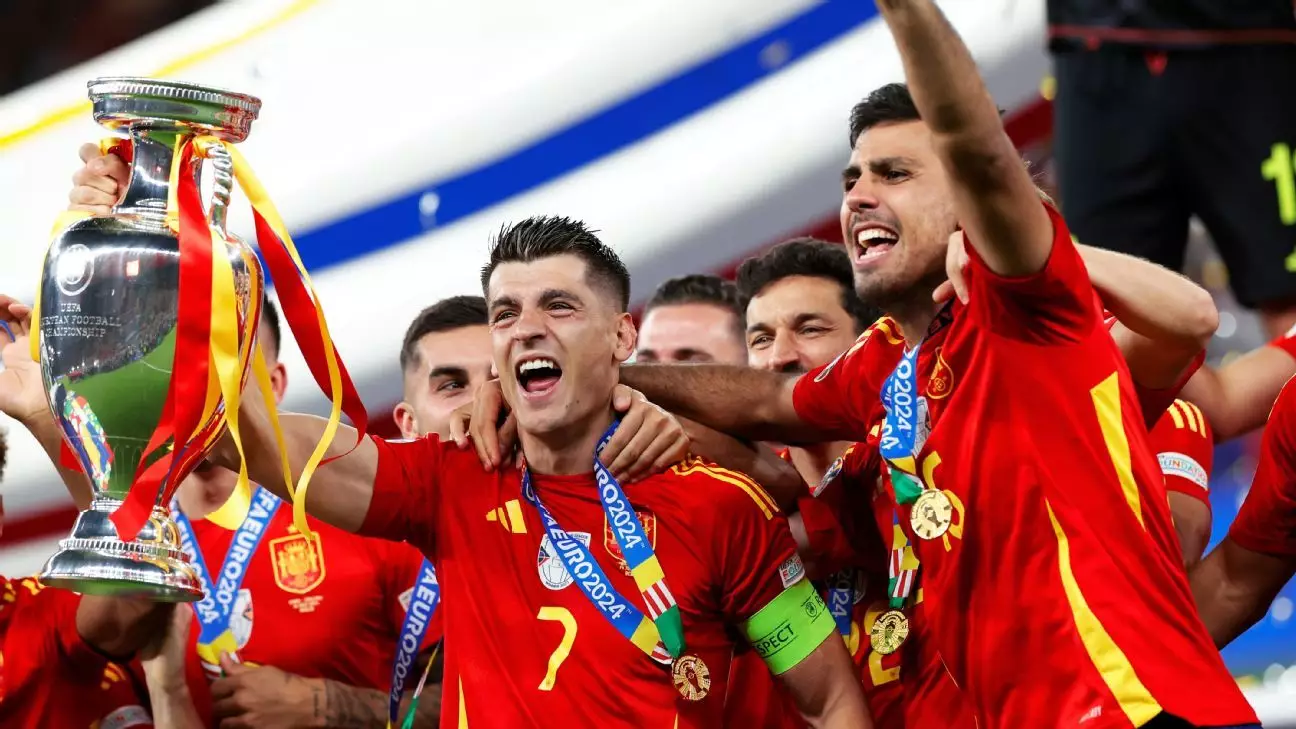The shadow of uncertainty now looms over Spain’s aspirations to host the 2030 World Cup. Head coach Luis de la Fuente has voiced serious concerns regarding FIFA’s impending decision at their Congress meeting on December 11 regarding the nation’s role as a primary host along with Portugal and Morocco. At the crux of the issue is the absence of a new president for the Royal Spanish Football Federation (RFEF), which has not been filled since Pedro Rocha was suspended in July. The organization has been under scrutiny, and FIFA has mandated that a new president must be elected within the next three months.
De la Fuente’s comments encapsulate the anxiety felt by many within Spanish football. He articulated that anyone indifferent to the situation is either foolish or uninformed. The implications of losing hosting rights are profound—not only does it spell disappointment for fans and players alike, but it also poses a significant threat to the national economy and the footballing landscape within the country.
The void at the helm of the RFEF is alarming, particularly as the clock ticks down to FIFA’s final decision. The overarching message from FIFA is clear: there must be no interference from government bodies in the administration of sports federations. This policy aims to maintain the integrity of football governance, yet it complicates Spain’s position. De la Fuente emphasizes the critical need for a swift resolution to stabilize the federation’s leadership and, ideally, secure Spain’s place in global football’s biggest tournament.
Moreover, the coach has expressed a desire for Spain to not only participate in the World Cup but also to host the final match at the iconic Santiago Bernabéu stadium in Madrid. His comments are imbued with a sense of urgency and responsibility; the entire football community must rally around the cause of normalizing governance to ensure Spain can stand tall as a proud host nation.
Adding to Spain’s woes is the significant injury to key midfielder Rodri, who recently tore his right ACL while playing for Manchester City. De la Fuente has expressed his hope for a quick recovery for the player, highlighting the psychological resilience Rodri is known for. This incident further complicates Spain’s preparations as they approach forthcoming Nations League matches against Denmark and Serbia. The absence of a player of Rodri’s caliber compounds the challenges the national team is facing at a time when coherence and stability are desperately needed, both on and off the pitch.
In light of these challenges, the urgency for a unified Spanish football front has never been greater. The intertwining fates of federation governance and national sporting success serve as a poignant reminder that football in Spain is more than just a game—it’s a vital component of national identity and pride. The actions taken in the coming months could redefine the future of football in the country and determine if Spain can indeed fulfill its role in hosting the world’s most revered tournament.

